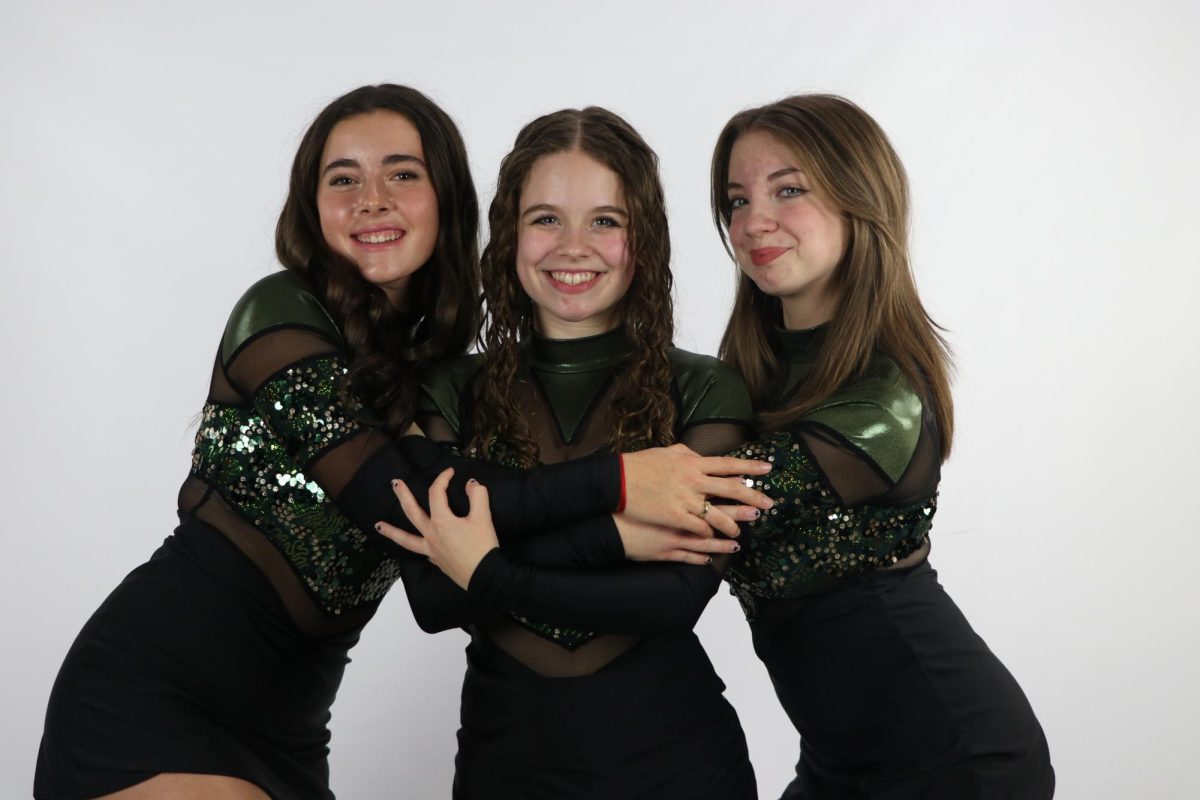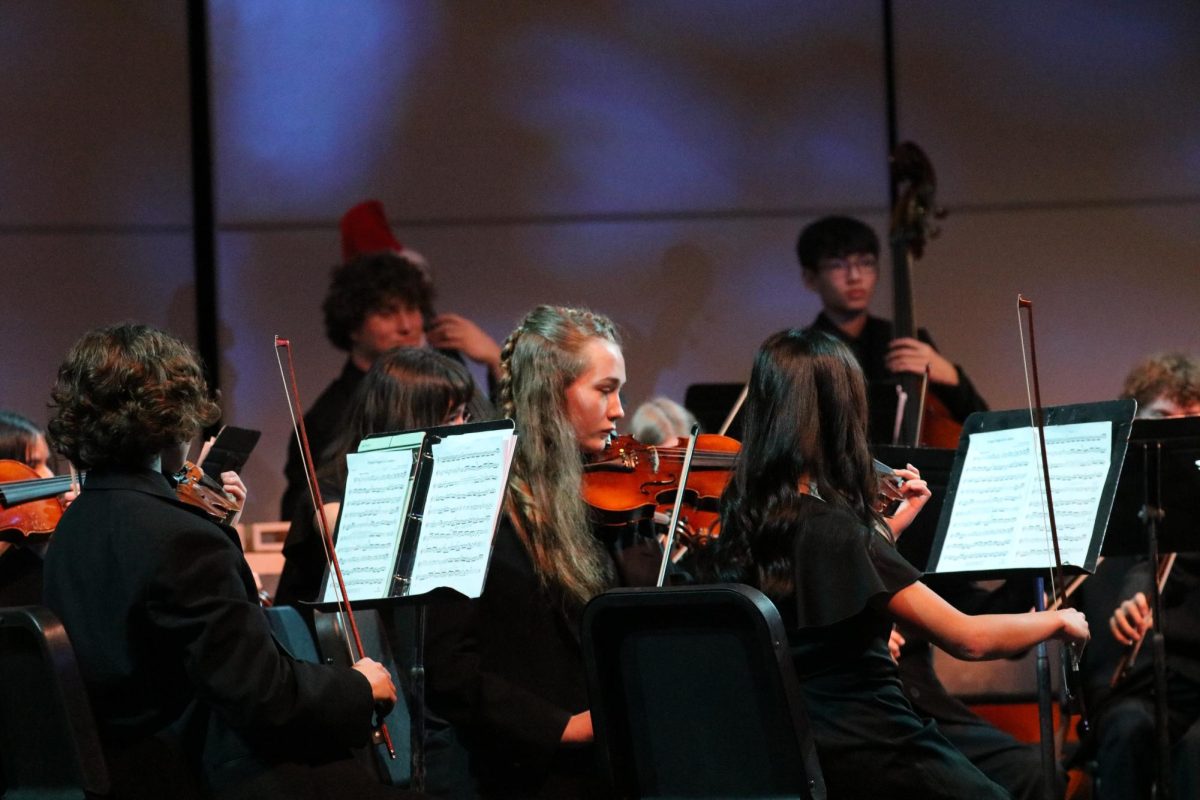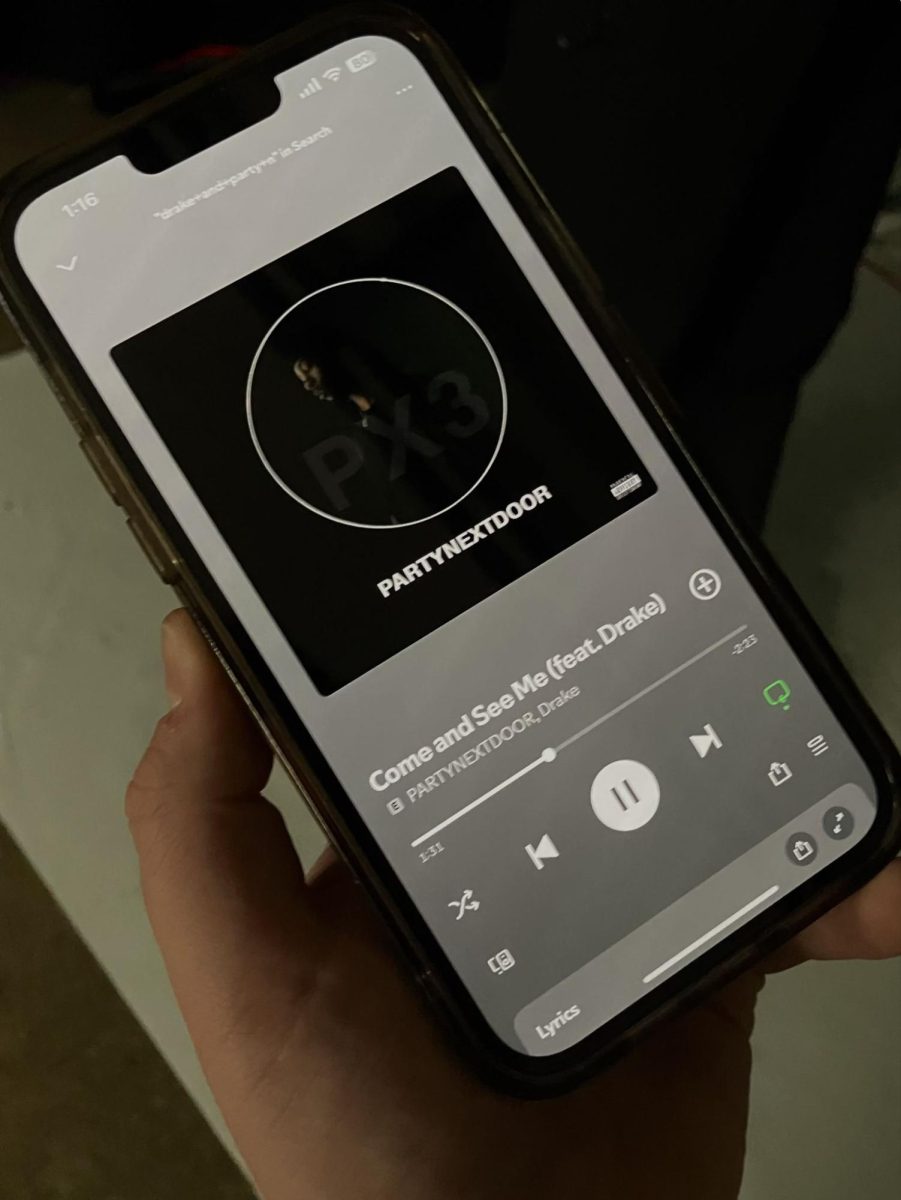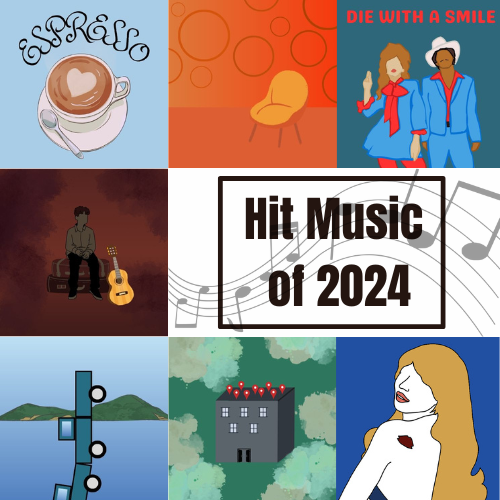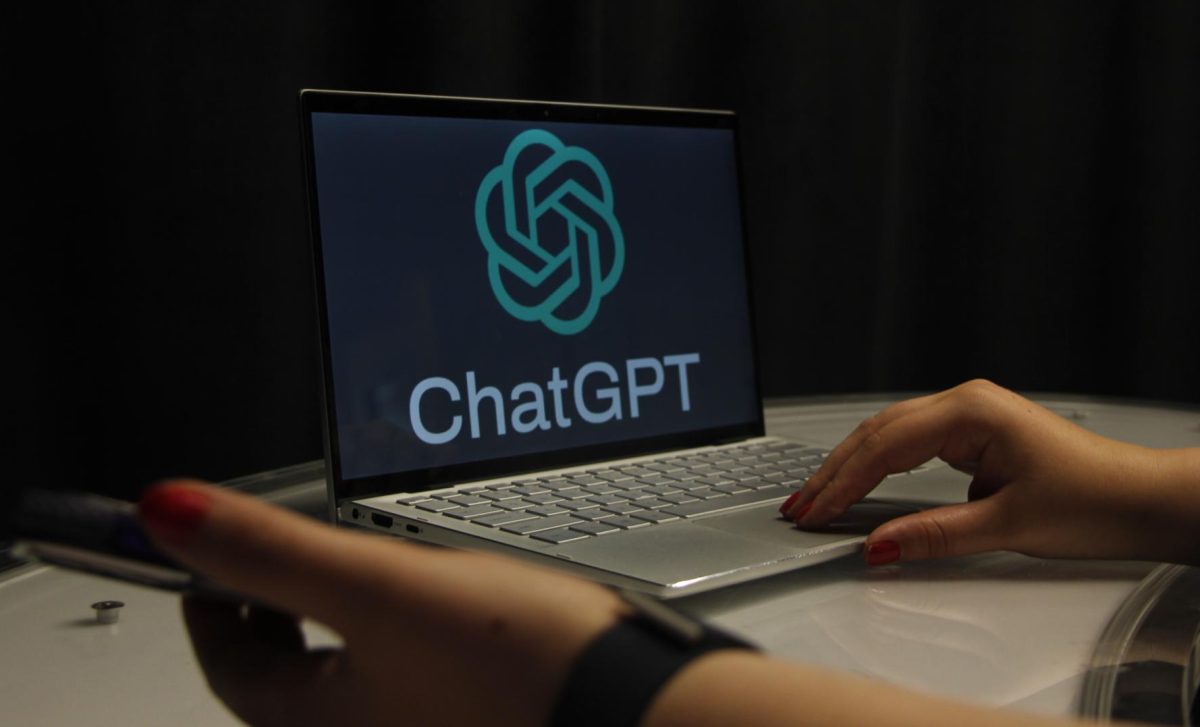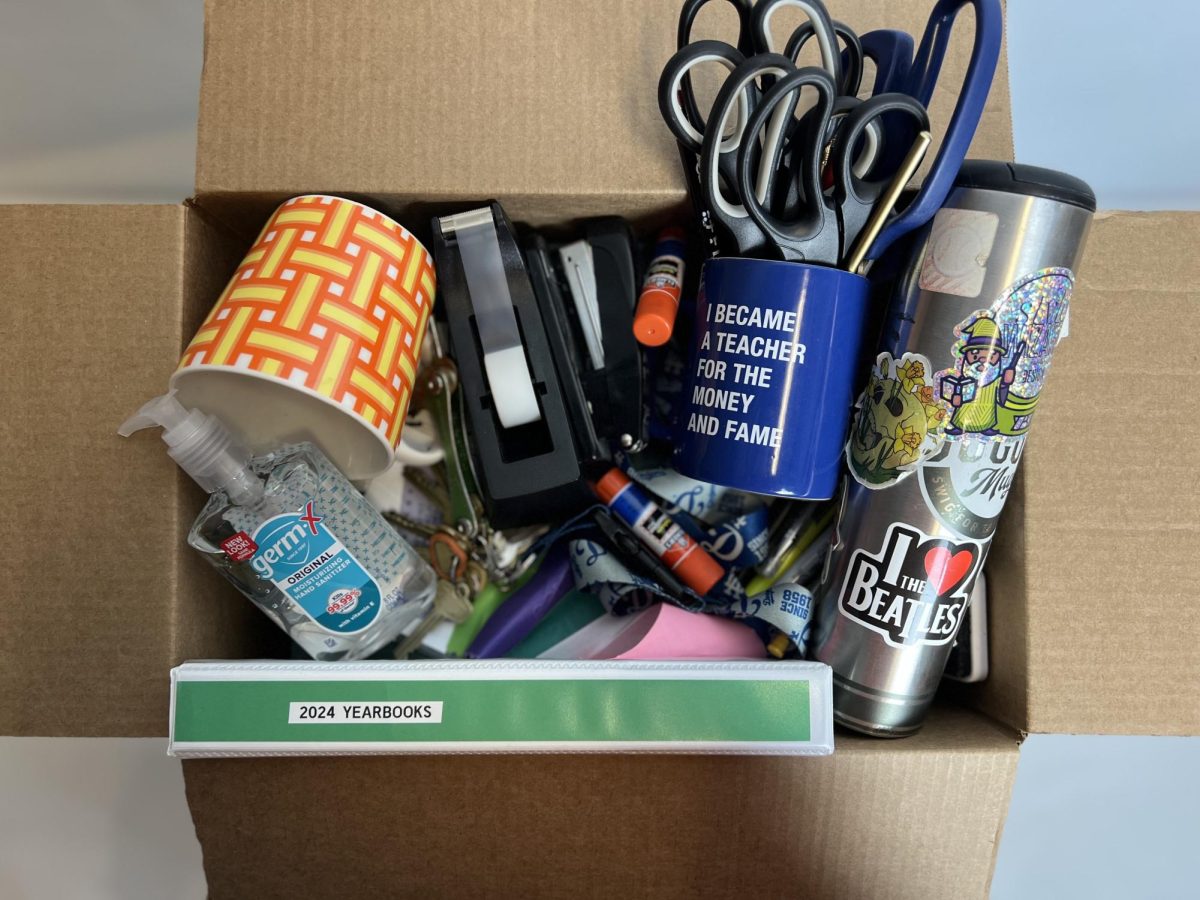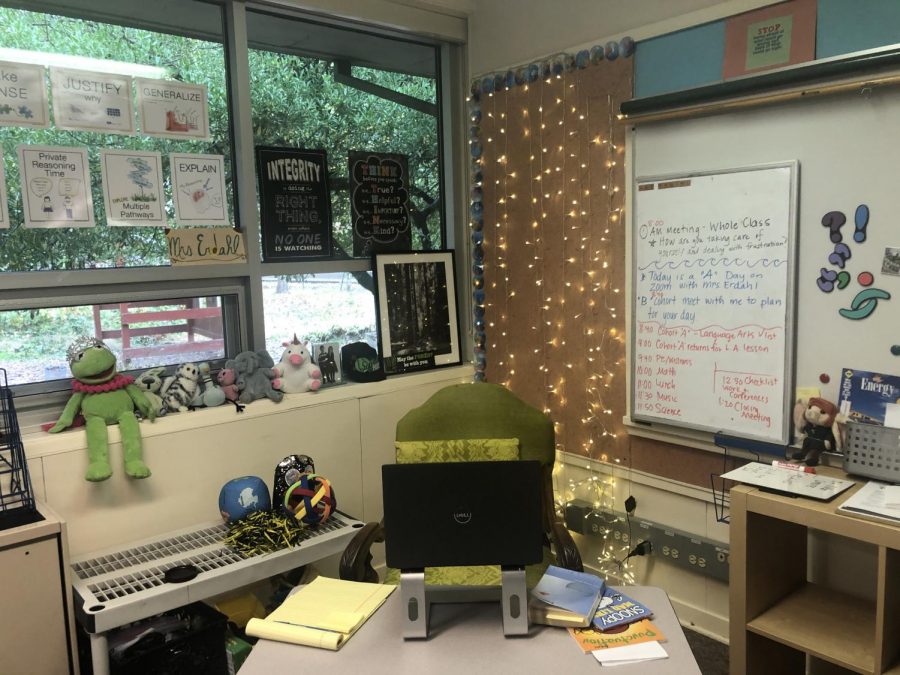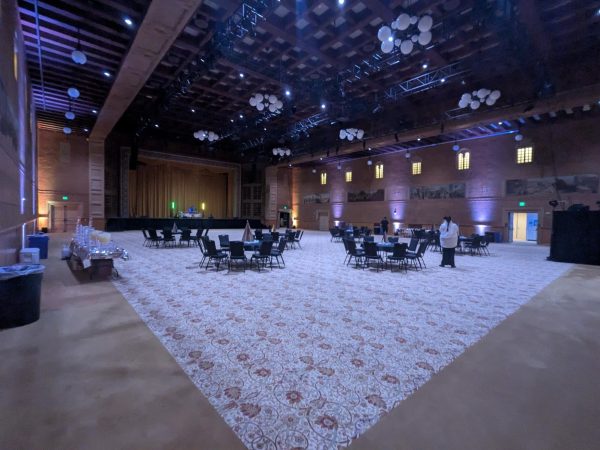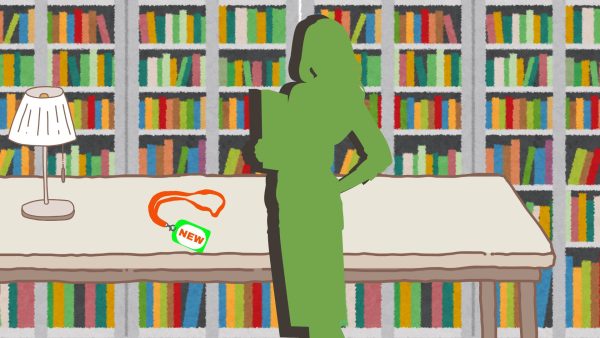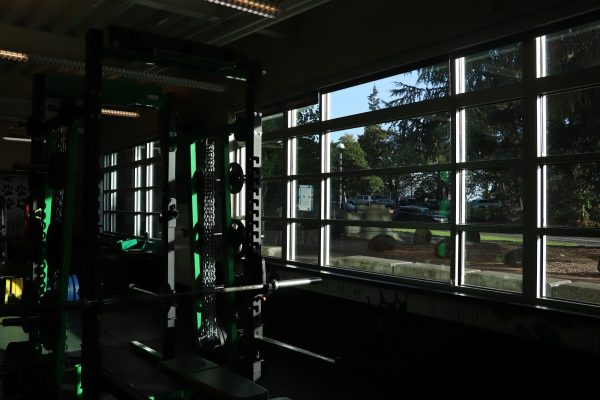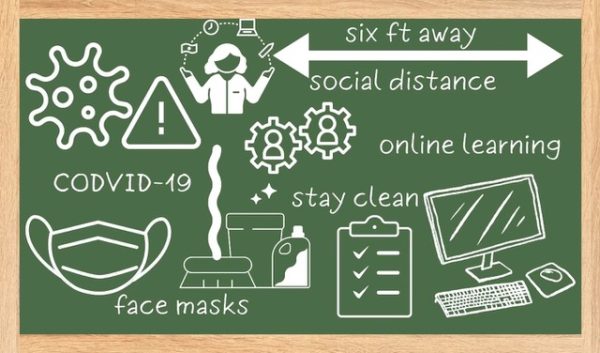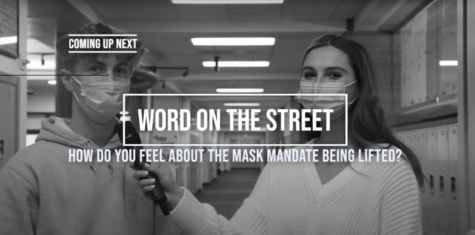How does distance learning look for younger students?
Photo courtesy of Stacie Erdahl
An average day of distant learning teaching from a primary school classroom.
In the age of online learning, there have been questions of whether or not the new system is a sufficient replacement for in-person school. While conversations typically center around high school or college education, primary school students are faced with their own unique set of challenges. How will kindergarteners do Zoom calls every day, and will it achieve all of the goals of in-person school?
According to Rita Amdal, a kindergarten teacher at Bolton Primary, there are a variety of solutions to these issues.
“We list the standards that we have when it’s in-person school,” Amdal said. “Those are the same standards for online education, we’re just going about it a different way.” Instead of their usual way of learning, kindergarten is teaching through the Florida virtual model. The Florida virtual model allows students to socially distance by staying home and still learning this year’s courses. This model has faced criticism because of the expectation that parents should oversee the classes each day, but not every parent has the time to supervise their child’s school. Though it cannot fully give the kindergarten experience to kids, since social interactions, sensory learning, and much more are excluded in online learning, it is the best school districts can provide currently.
There are many difficulties in online school for younger students, but teachers want to make the best of it and teach as well as possible.
“I added a whole list of home learning activities to do, and I really made sure that a lot of those were play-based,” Amdal said. “So kids are not on the screen the whole time, and can still be learning through play,”
Another teacher facing online school challenges is Beth Maxwell. She is a third-grade teacher at Bolton Primary School and is facing similar issues that Amdal has. She urges parents and kids to have patience, and not be too hard on themselves.
“Know that your child is probably doing the best that they can,” Maxwell said. “Try not to help them too much because the teacher needs to be where your child is so that they can help them and support them. And if you’re a parent who is struggling, reach out to the teacher. This is always the partnership, but now more than ever, we need to work together to do what’s best for all of our kids.”
Online school learning at young ages is especially challenging because every kid is at a different point, and it is harder to help compared to in-person learning.
“I hope we have the flexibility so that we can do what’s needed for each of our families because every family is different and everyone’s family’s needs are different,” Maxwell said.
Currently, the primary school plan differs greatly from the high school format. In kindergarten, the class plans to do four short Zoom meetings every day, intending to socialize kids and learn the online curriculum. Third grade also has a similar schedule, but instead of four short zoom calls, they do one long one in the morning, then move on to Google Classroom for the remainder of the day.
Overall, the goals of primary school are to have a soft start and to ease kids into online learning. Teachers want to help their students and to make sure they’re the most well adjusted to the new school environment as possible.
“I think it’s important to know that teachers are working really, really hard to provide the best that they can in this isolated circumstance, and we want to go back to school,” Maxwell said. “ We want to see our kids regardless of what grade we’re teaching, it’s why we became teachers, not because of the content.”
At the high school, a primary tutor class is typically offered, where students can go to primary schools and help younger students. According to Paul Hanson, assistant principal, this course has been canceled this year.
“Unfortunately, due to some of the restrictions, and having cohorts, we can’t have a private tutor in the way that [the class] works,” Hanson said. The cancellation of this class is unfortunate, because its absence will provide less support for primary school students, and will put more pressure on parents and teachers.
Your donation will support the student journalists of West Linn High School. Your contribution will allow us to continue to produce quality content by purchasing equipment, software, and continuing to host our website on School Newspapers Online (SNO).
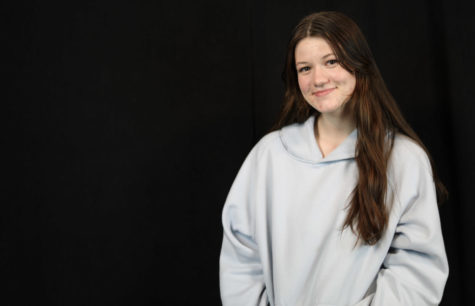
Helena Erdahl, senior, is the Coverage Editor-in-Chief of wlhsNOW, and has been learning and writing about journalism since freshman year. She loves writing,...


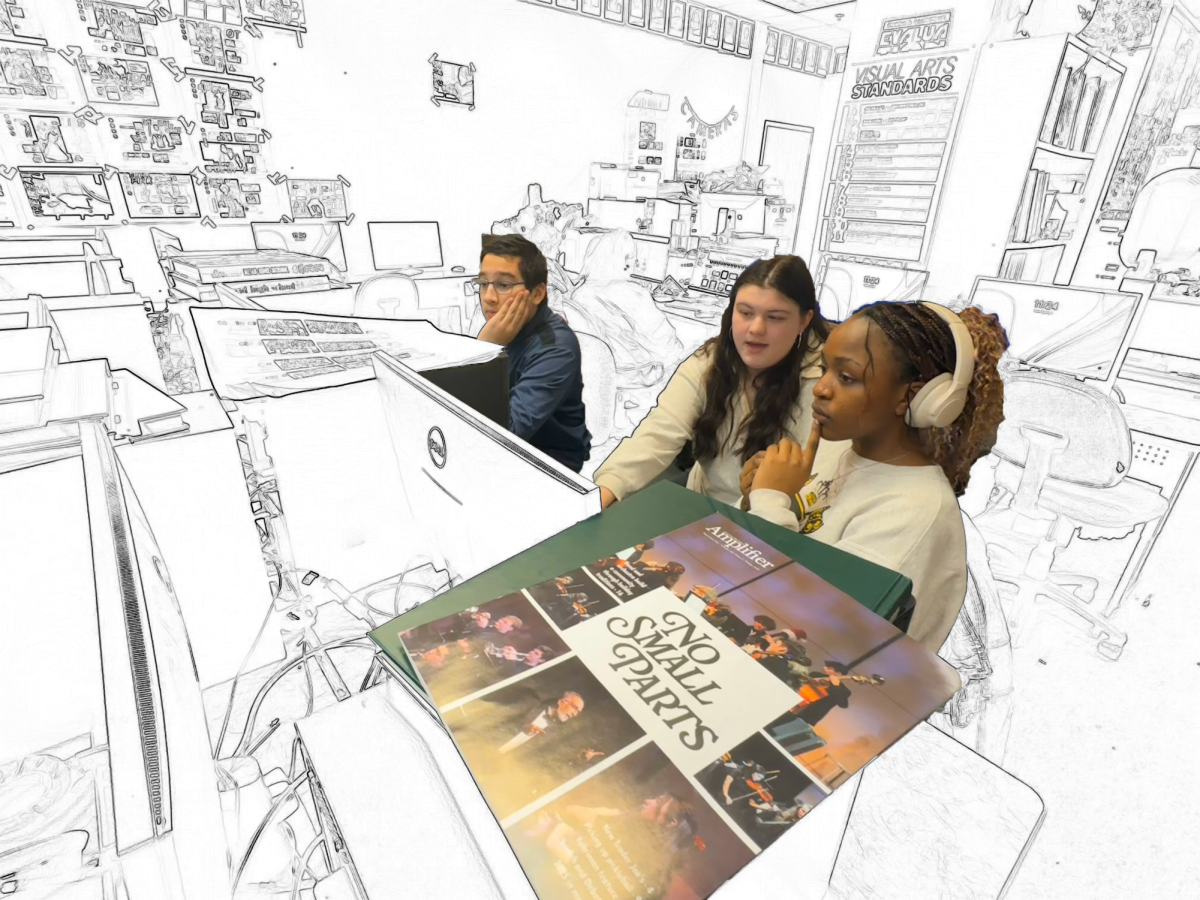


![Reaching out. Christopher Lesh, student at Central Catholic High School, serves ice cream during the event on March 2, 2025, at the Portland waterfront. Central Catholic was just one of the schools that sent student volunteers out to cook, prepare, dish, and serve food. Interact club’s co-president Rachel Gerber, junior, plated the food during the event. “I like how direct the contact is,” Gerber said. “You’re there [and] you’re just doing something good. It’s simple, it’s easy, you can feel good about it.”](https://wlhsnow.com/wp-content/uploads/2025/03/interact-1-edited-1200x744.jpg)
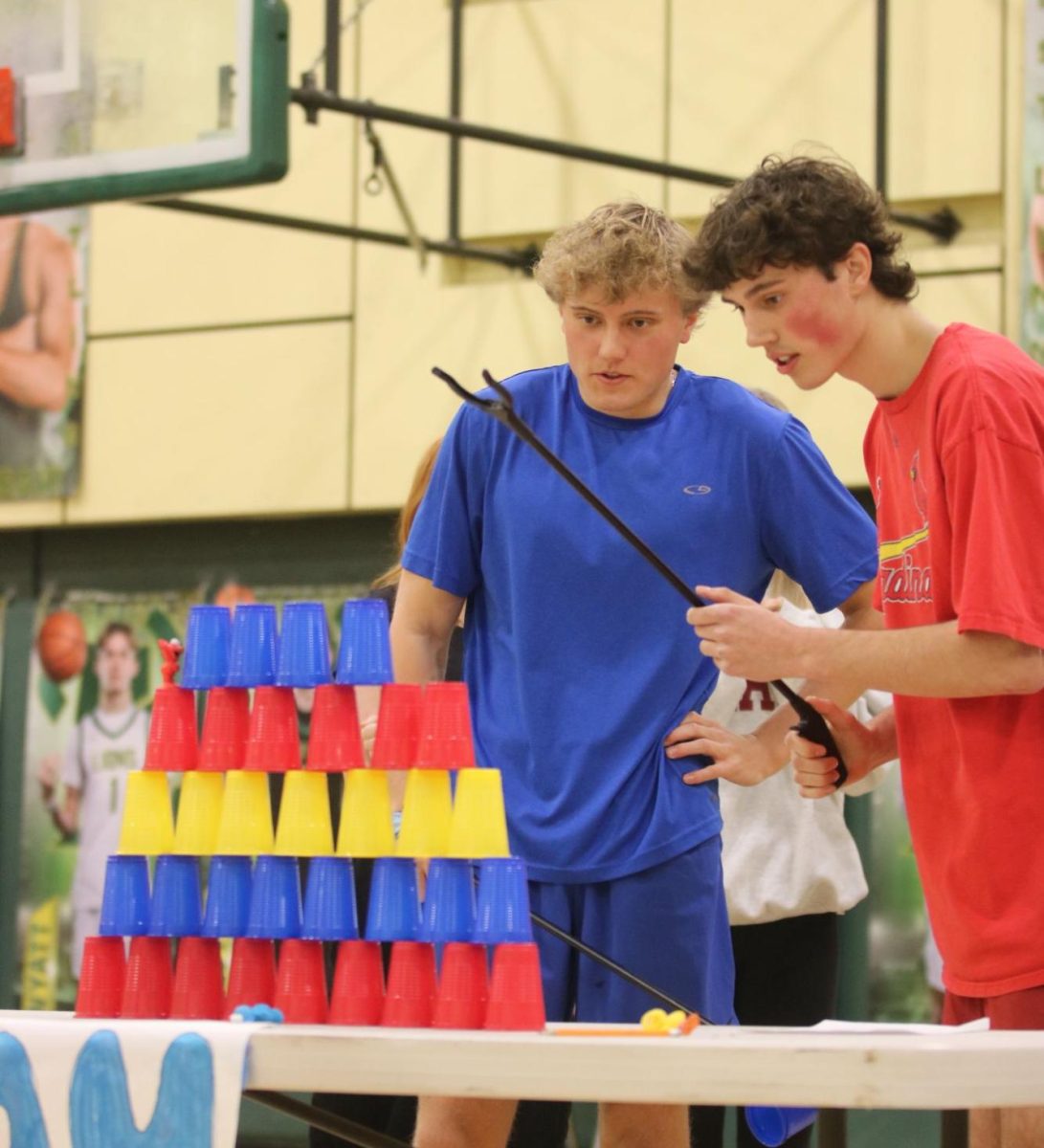
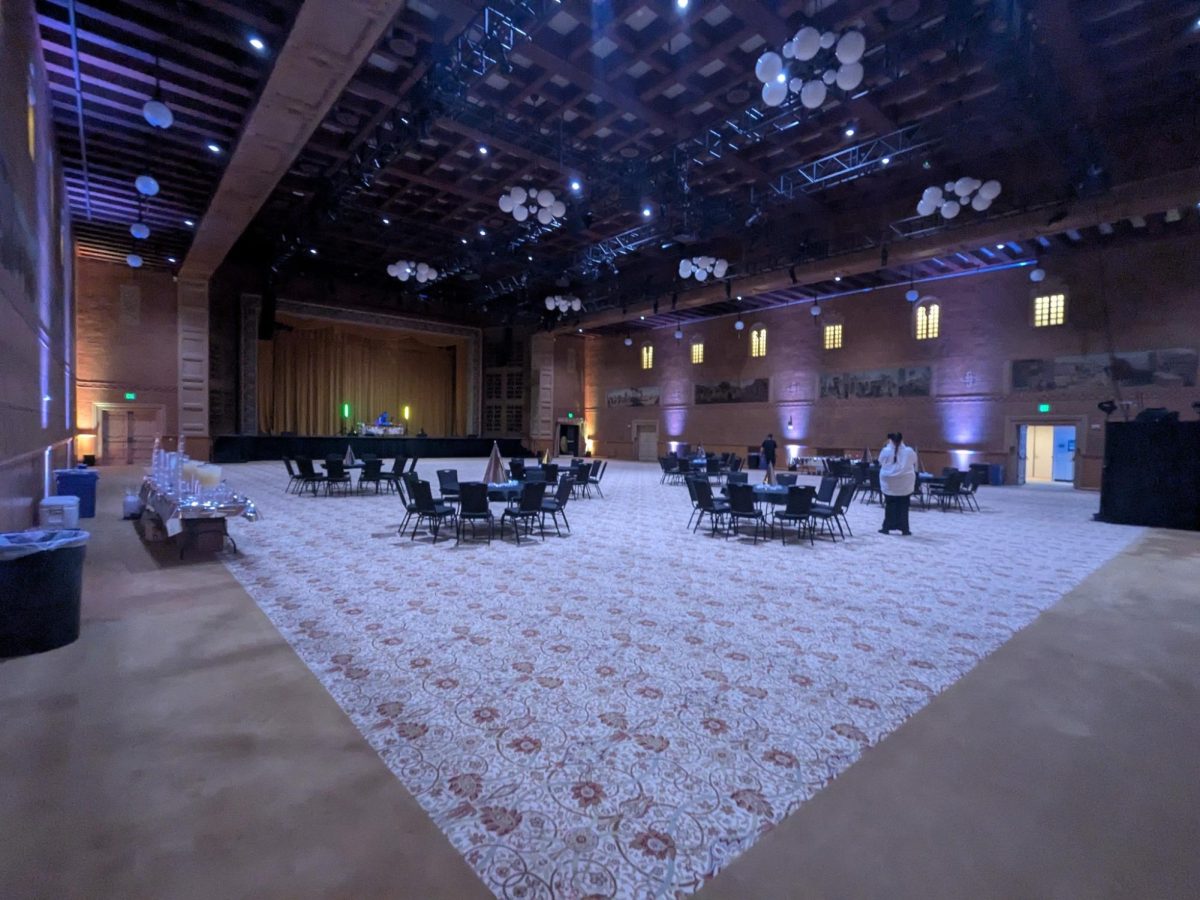


















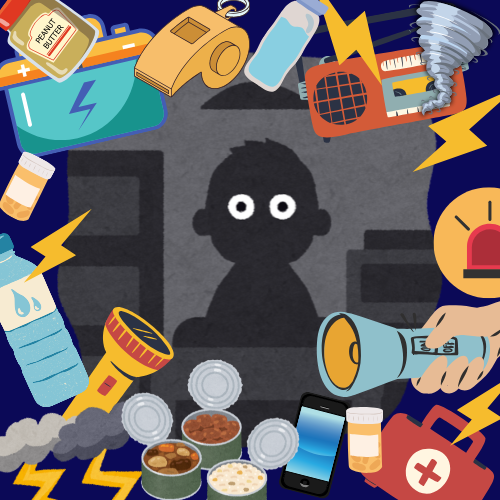
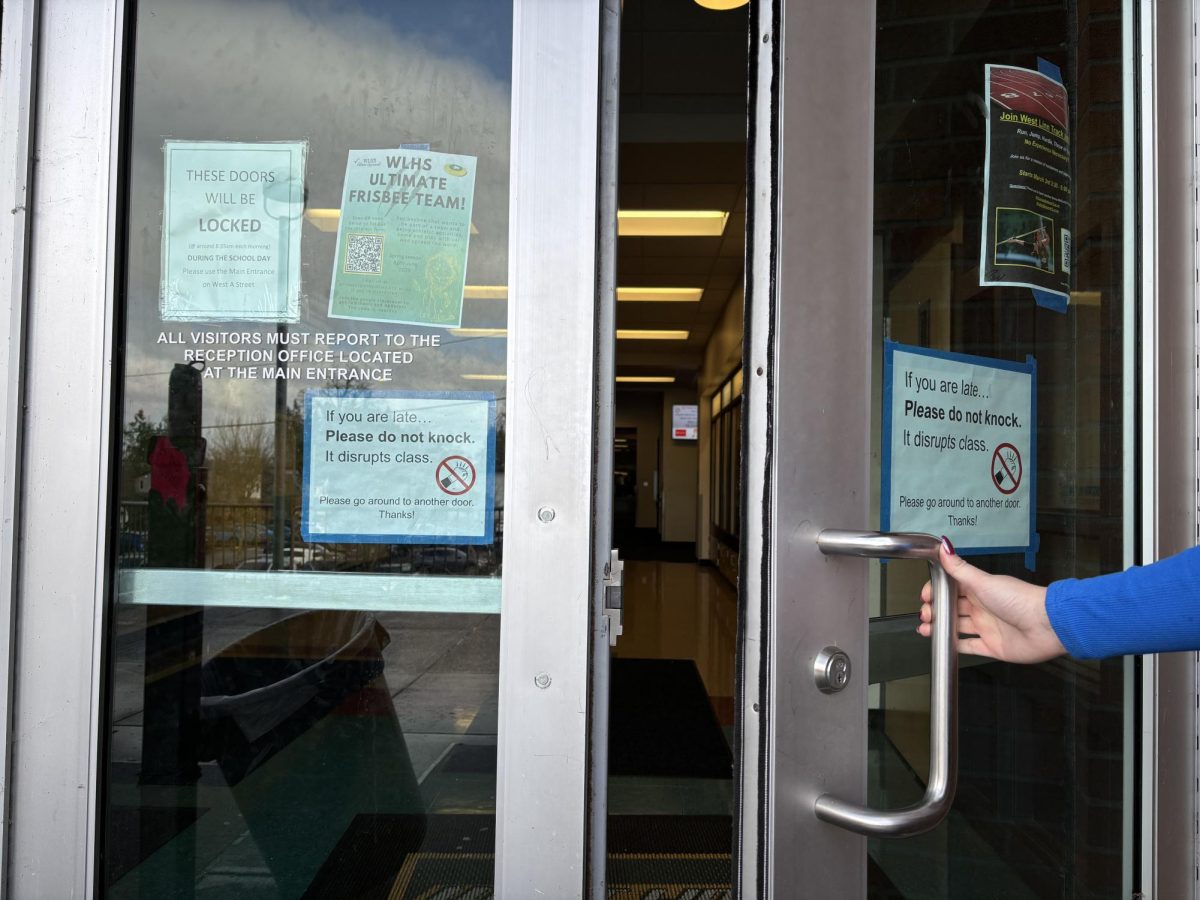
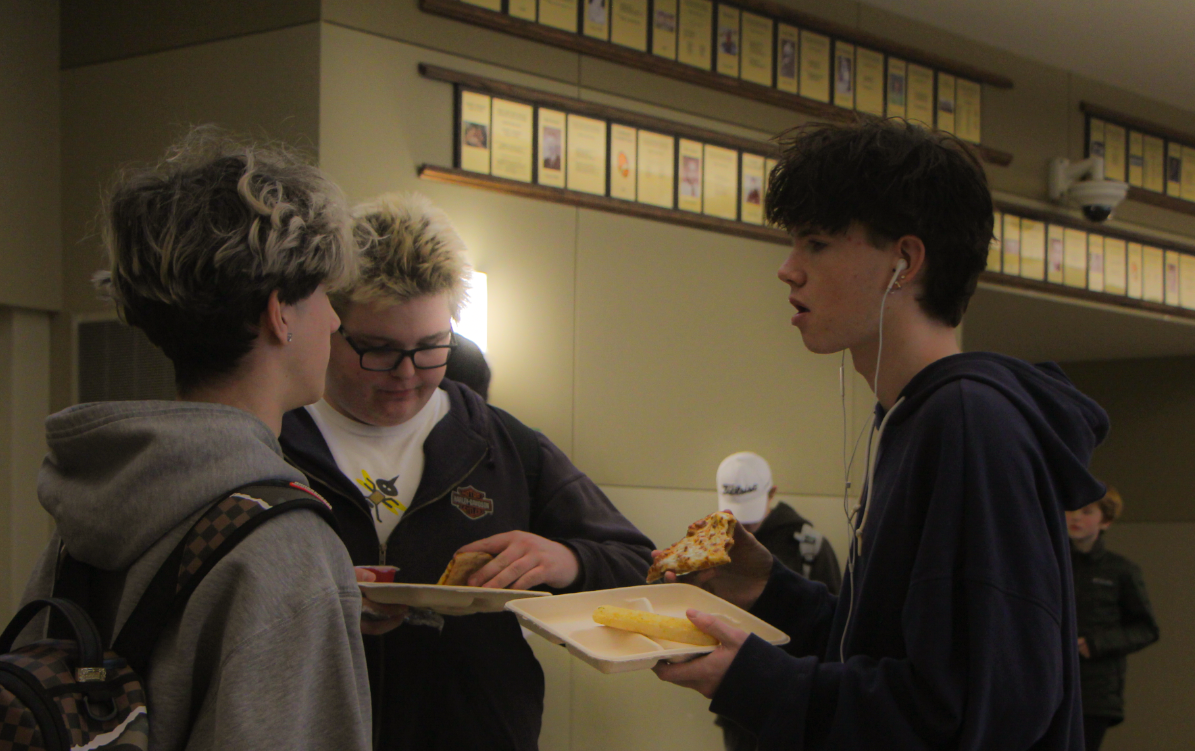















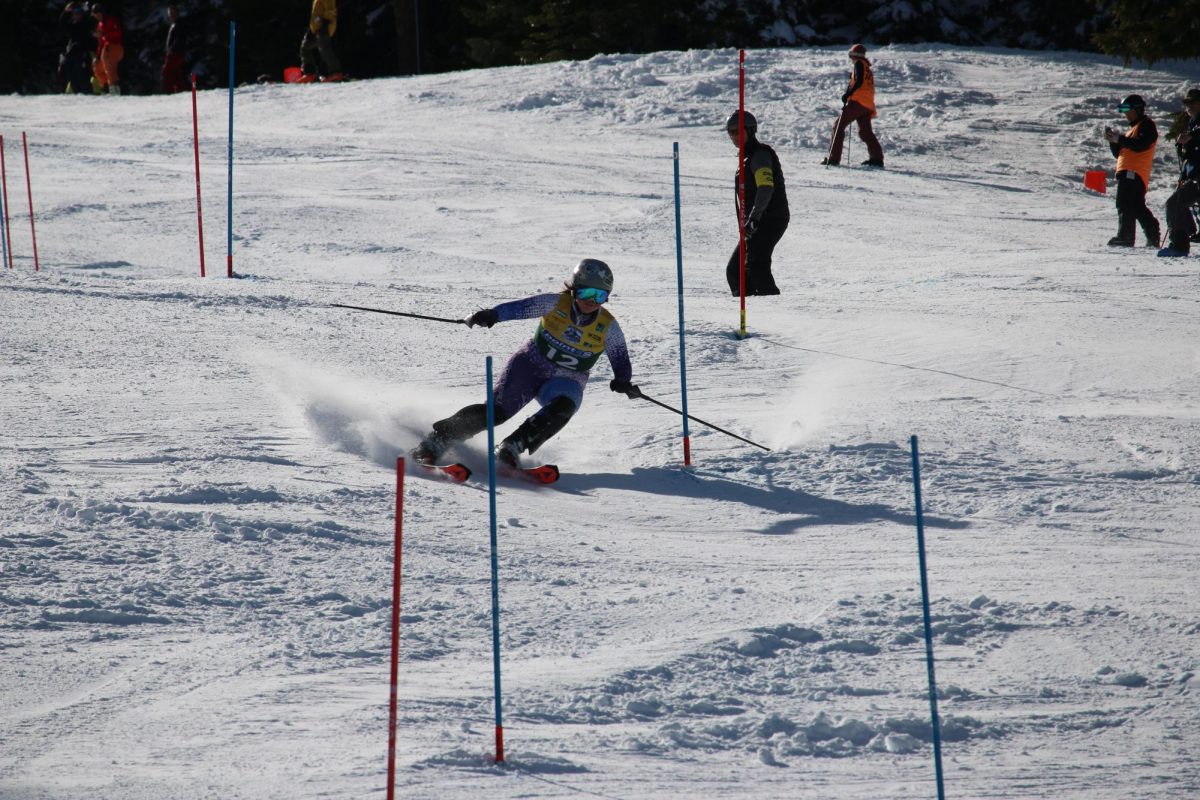
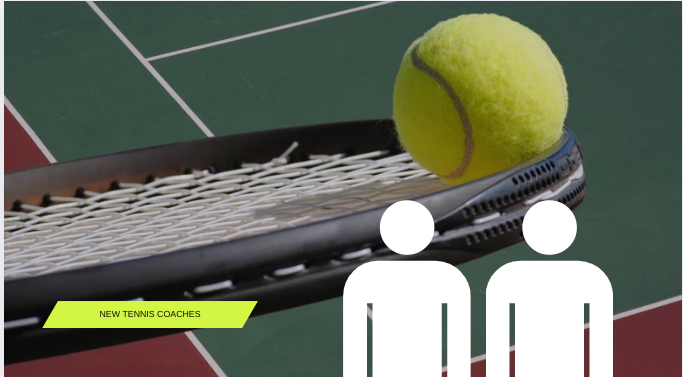
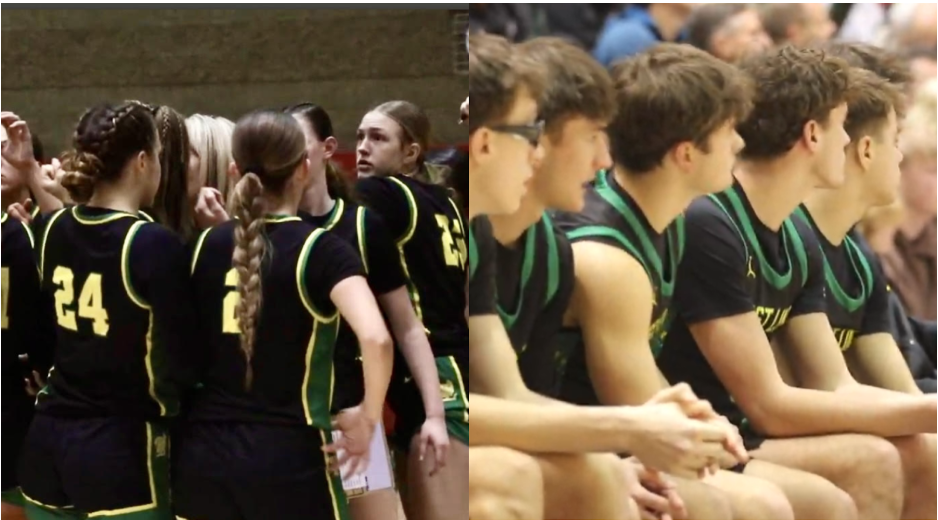
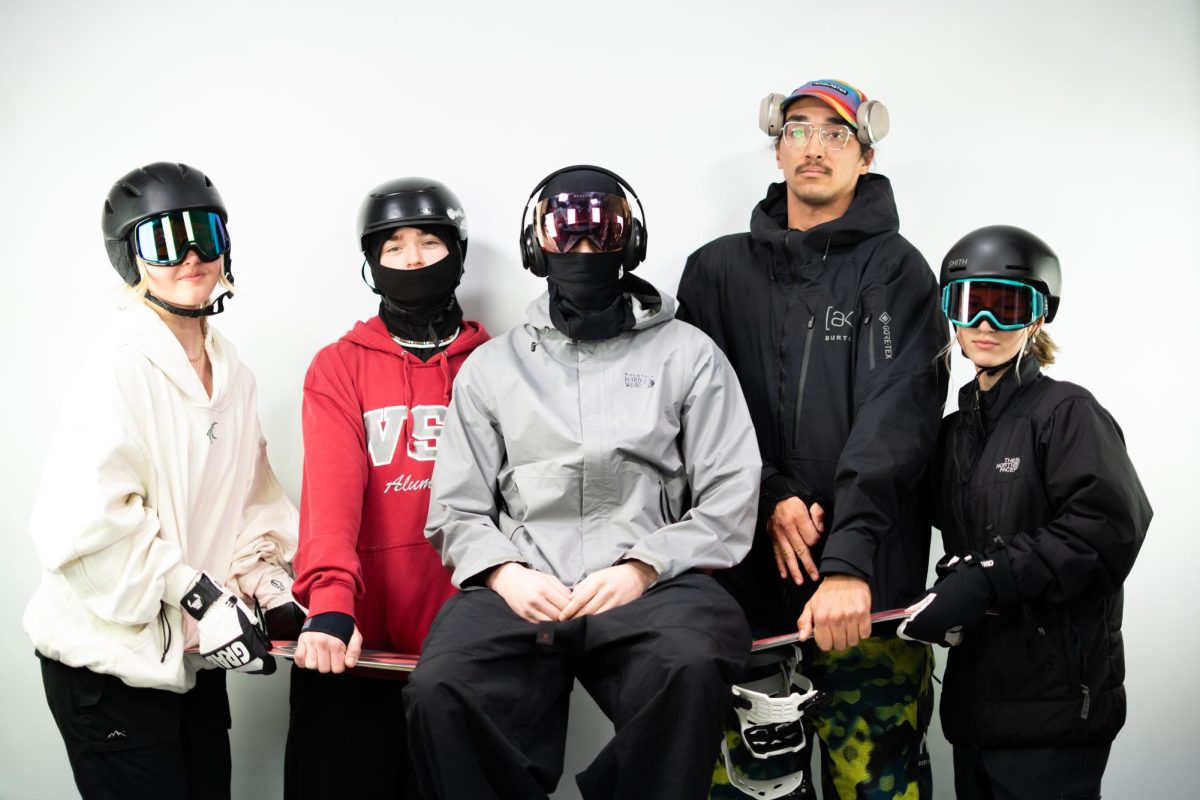
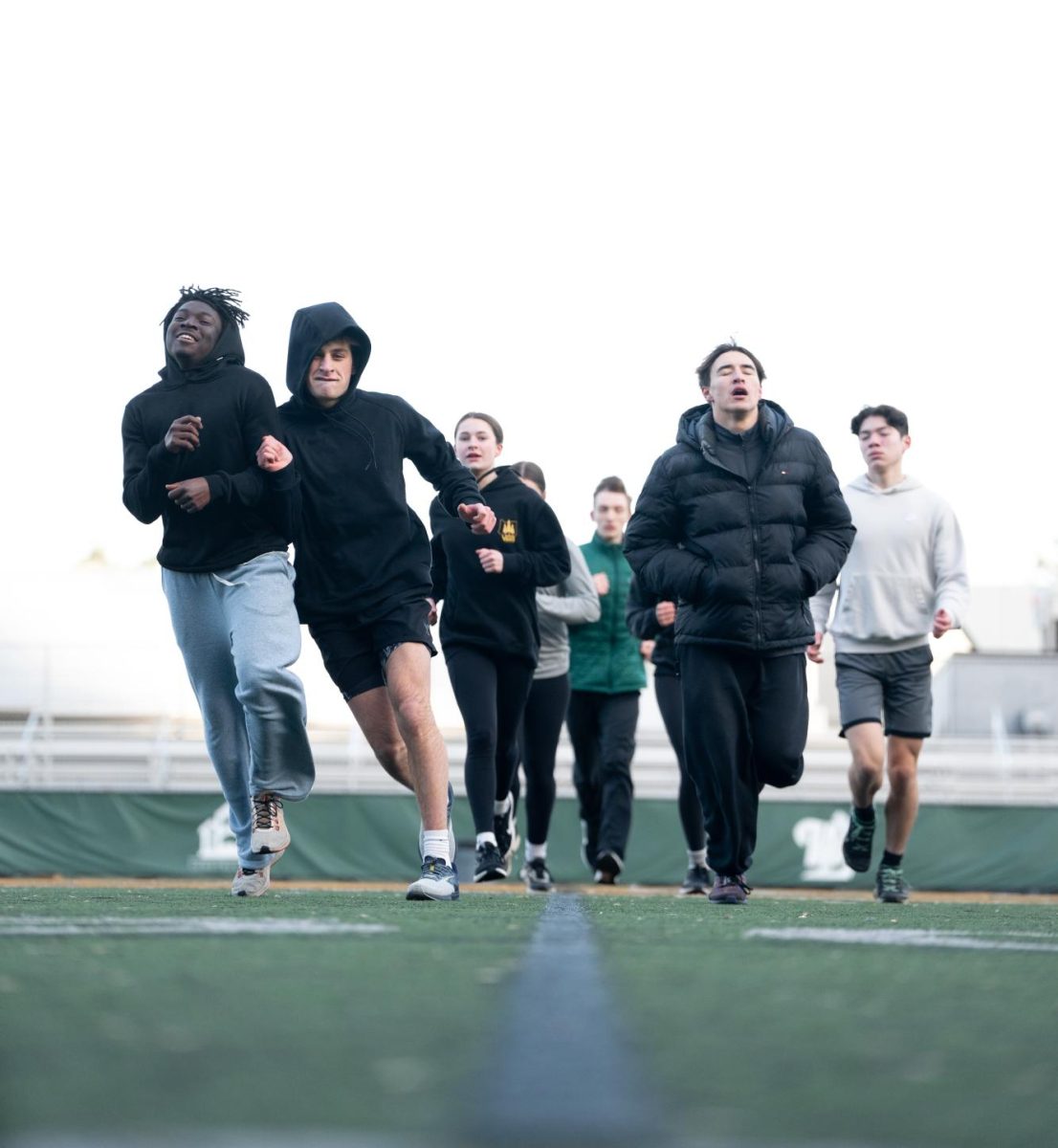






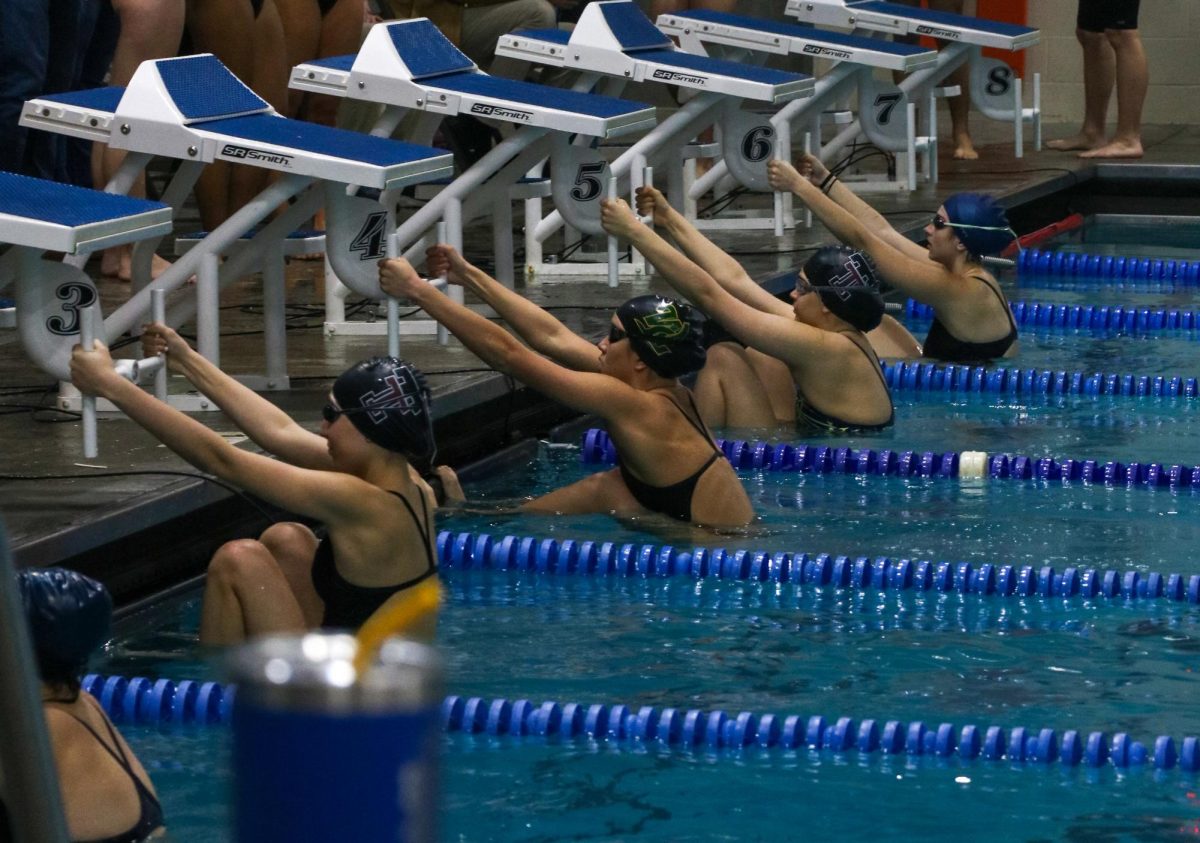
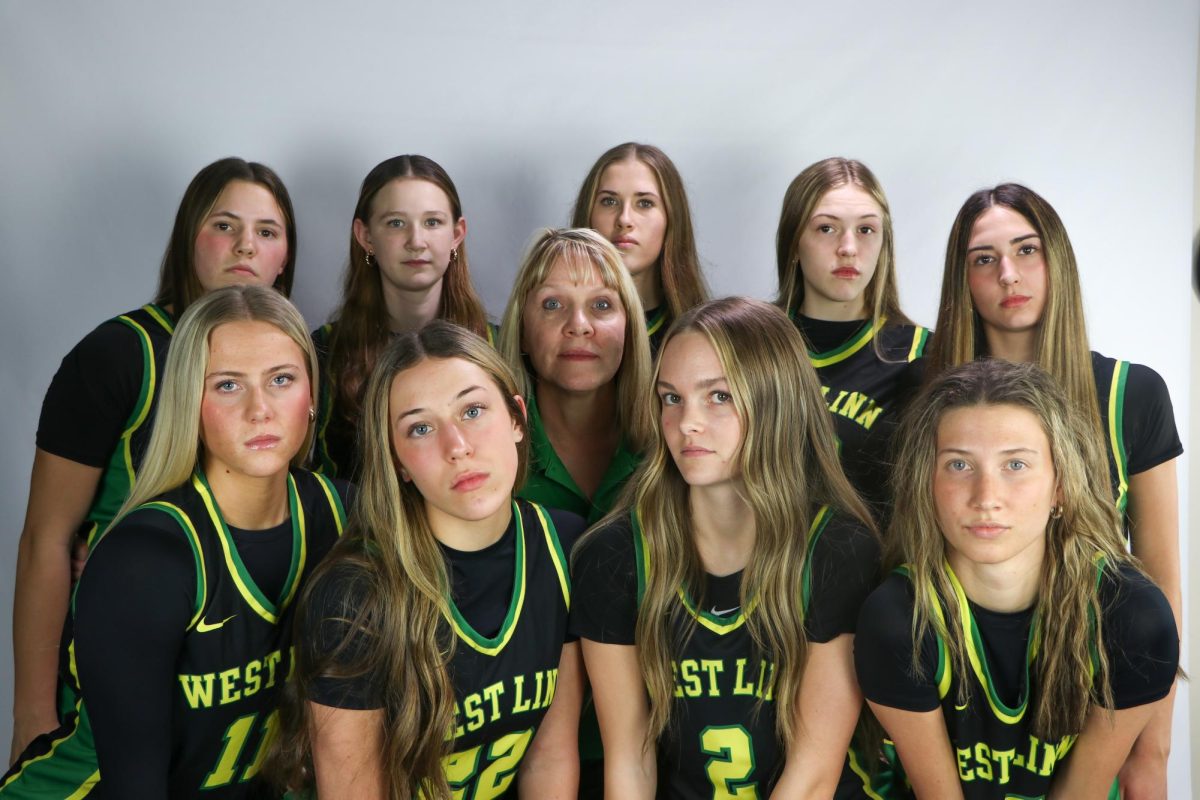



![At the bottom of the third inning, the Lions are still scoreless. Rowe stands at home plate, preparing to bat, while Vandenbrink stands off to the side as the next batter up. Despite having the bases loaded, the team was unable to score any runs. “It’s just the beginning of the season. We’re just going to be playing out best by June, [and] that’s where champions are,” Rowe said.](https://wlhsnow.com/wp-content/uploads/2024/03/IMG_3077-1200x900.jpg)

